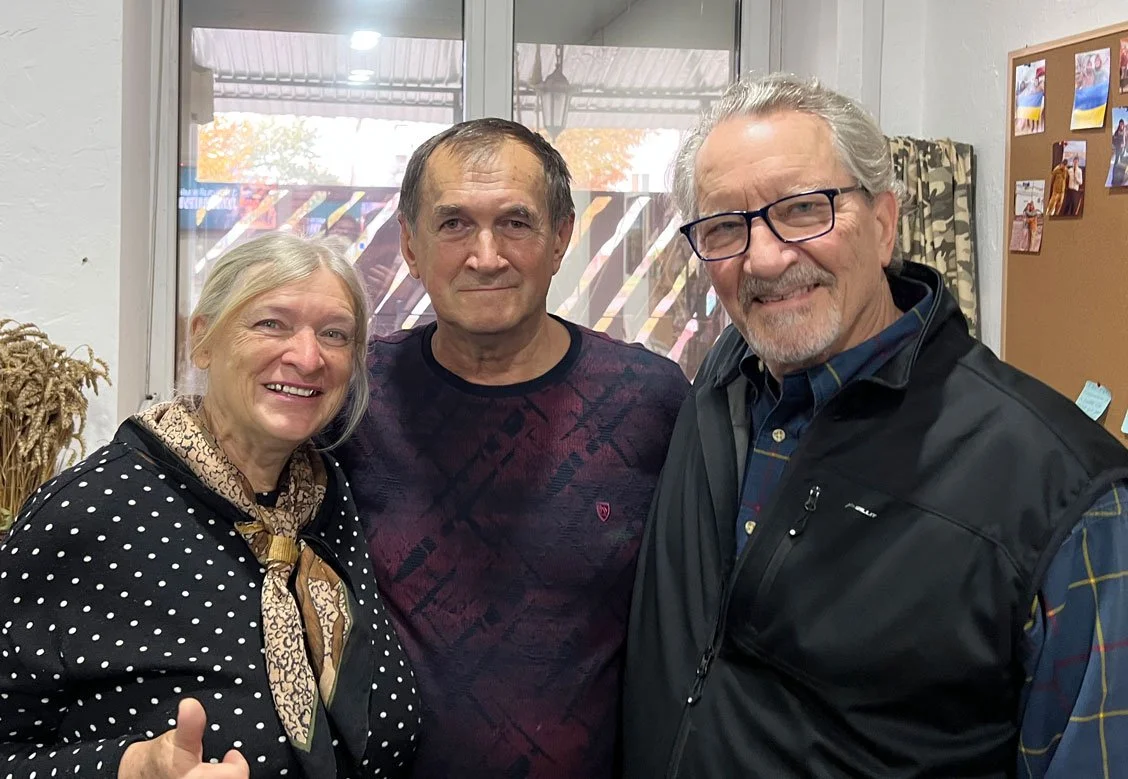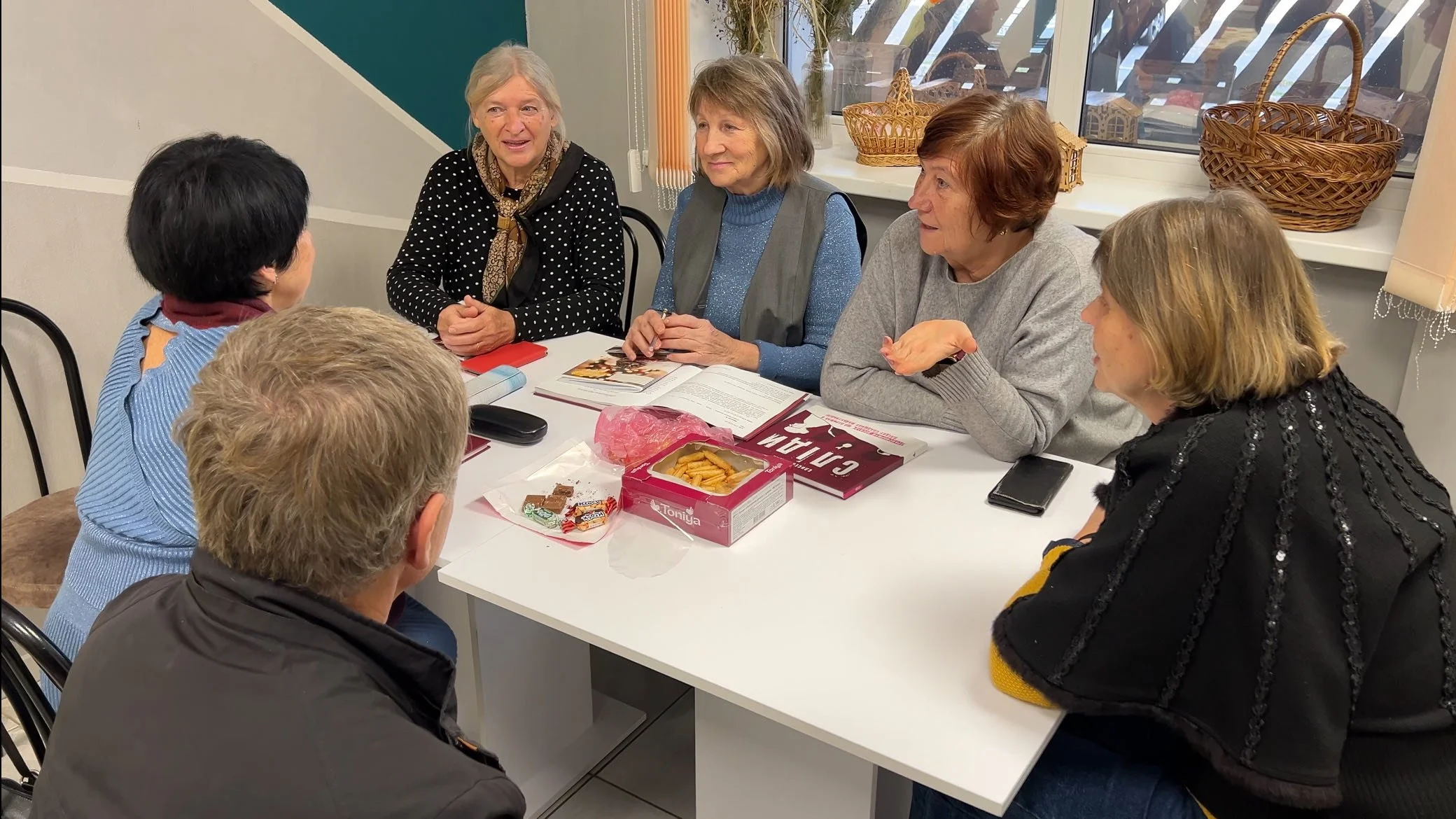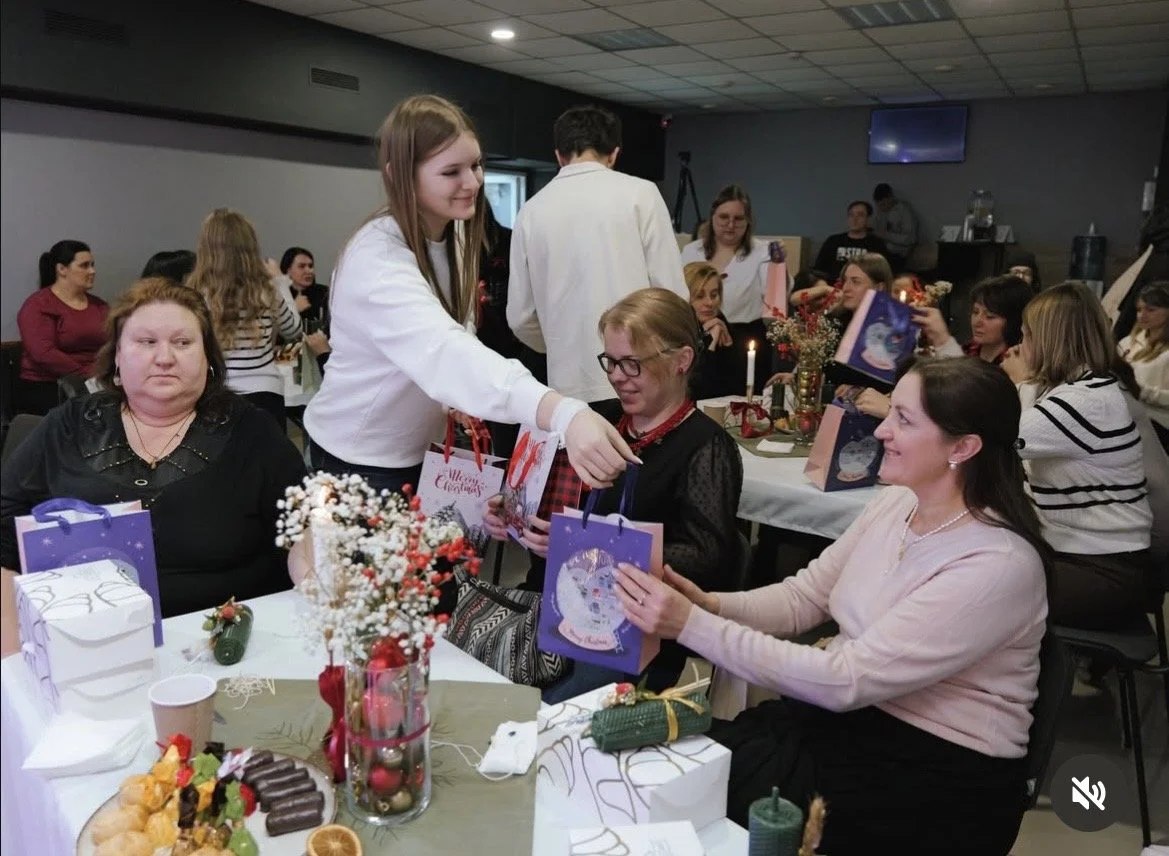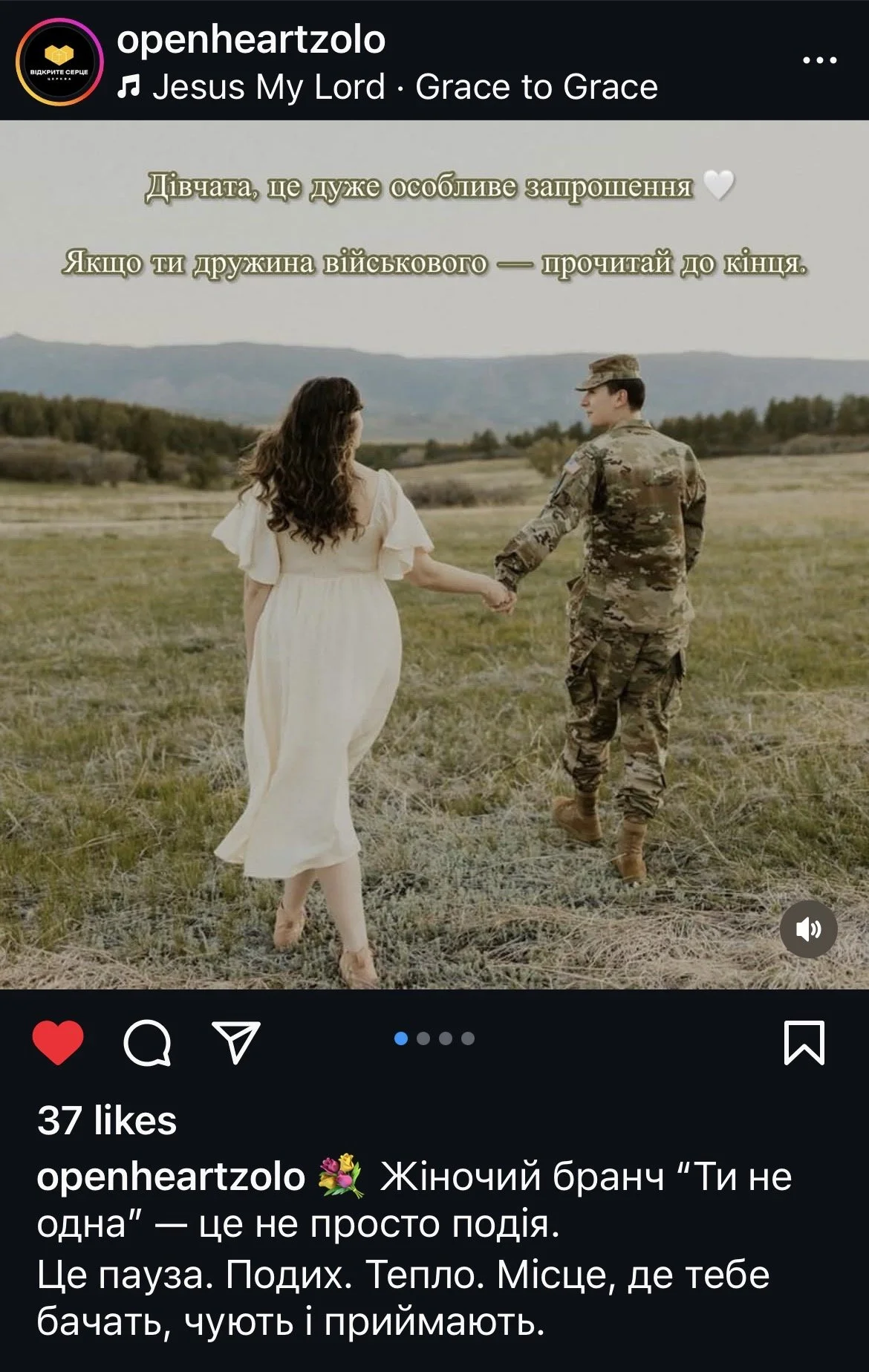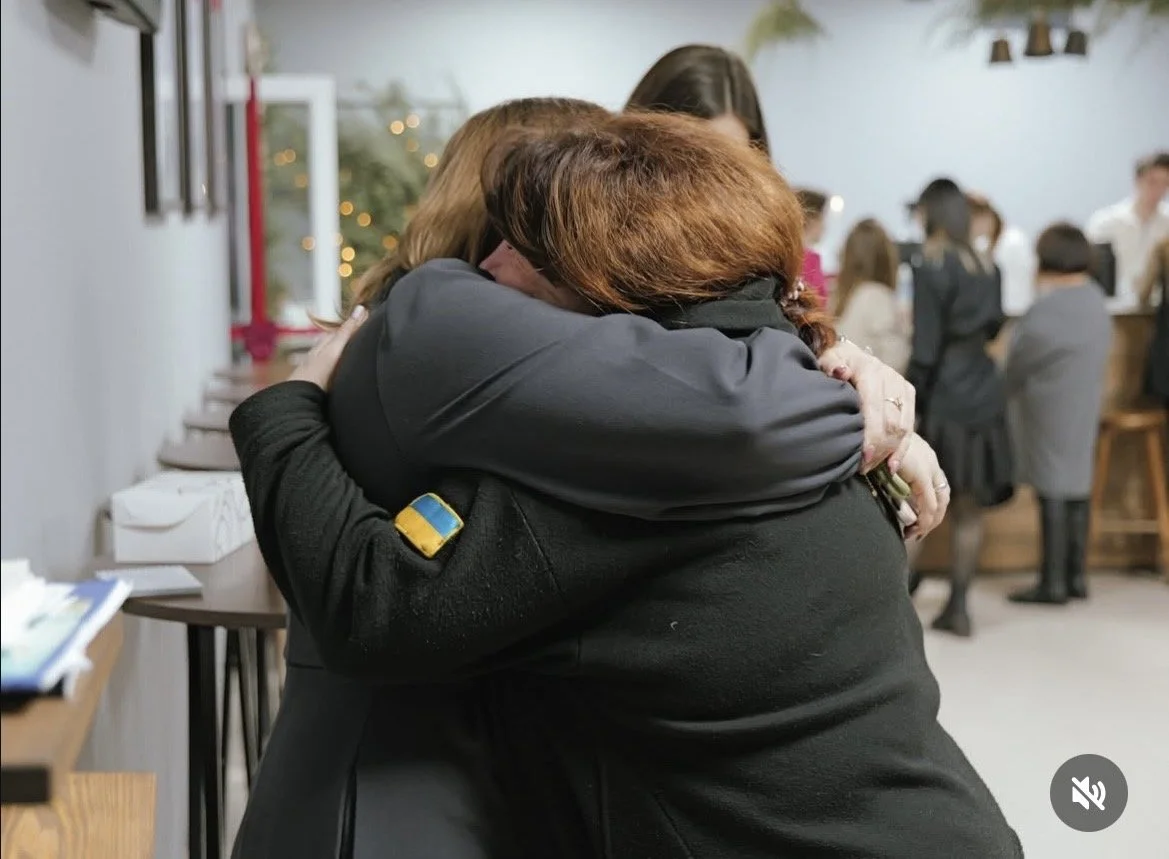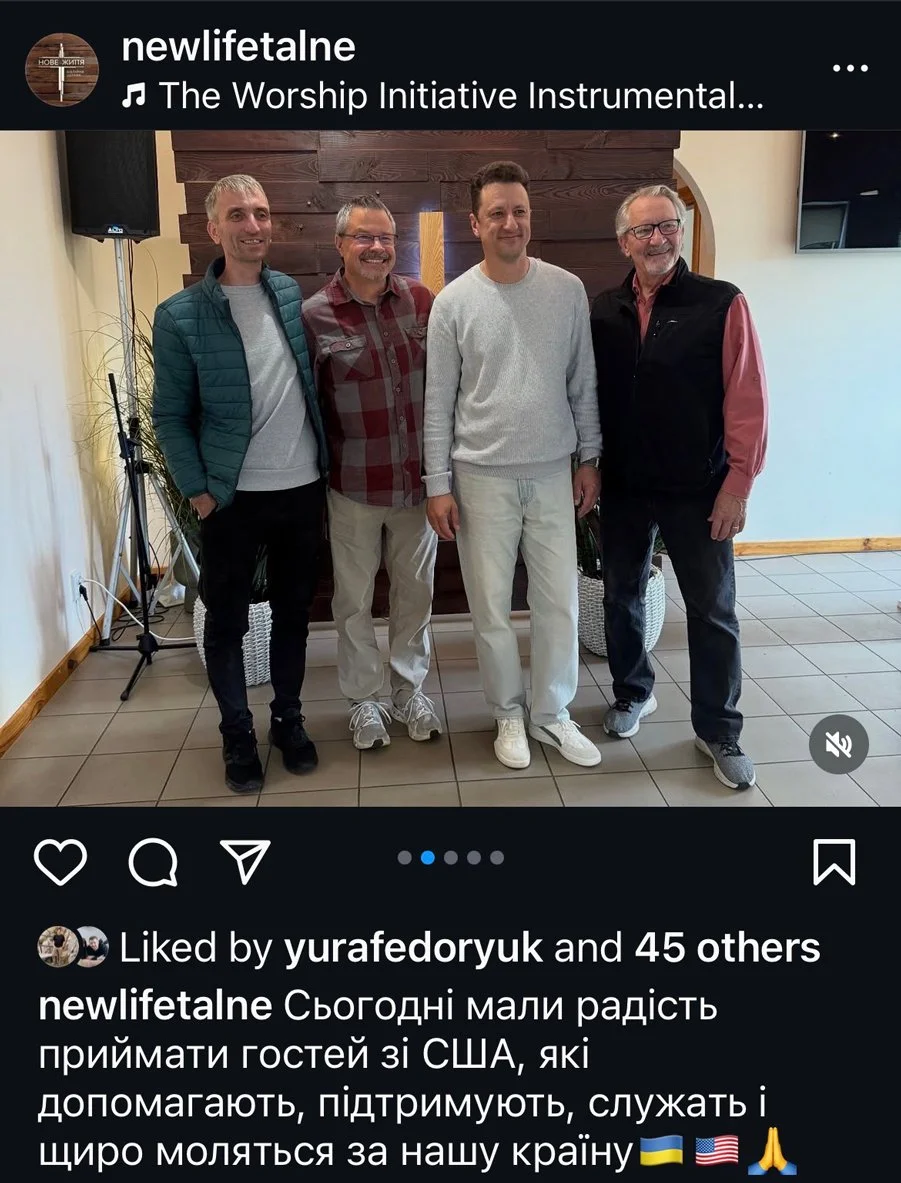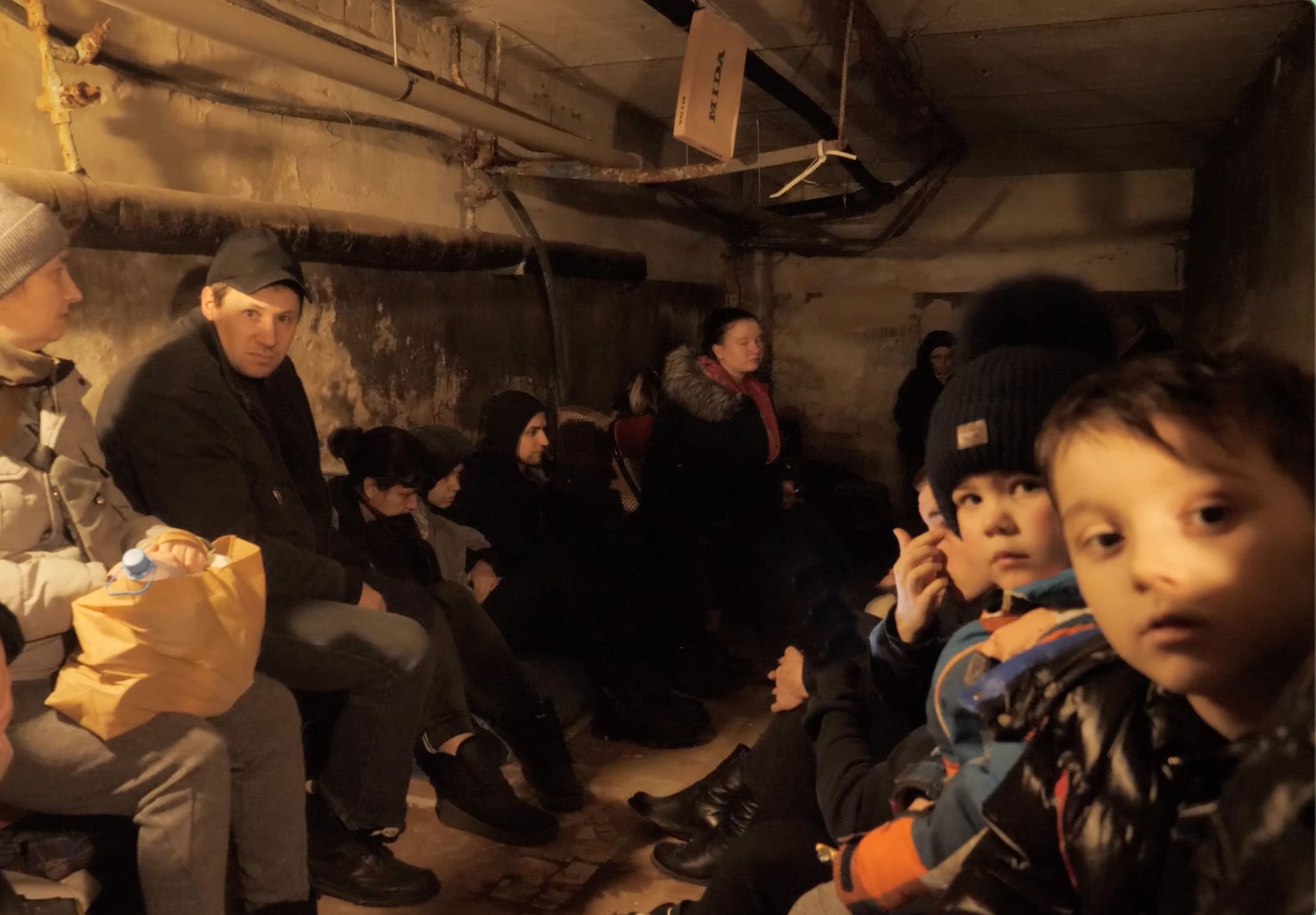
When War Becomes the New Normal…
“As months wore on, running to the shelter with our families every time the sirens sounded, just became emotionally unsustainable.”
If you came here to read about my Fall 2025 trip, scroll down a page or two to read that part of the story.
Upon crossing the border from Poland into Ukraine, our train was boarded by a number of Ukrainian troops going from car to car, checking our documents, conducting passenger interviews, and inspecting our luggage. I was struck while watching them intently carrying out their anti-terrorism assignment, while joking and laughing with one another, just how compartmentalized the war had become, even for soldiers.
And once we reached Zolotonosha in the heart of the country it was even more clear that two-and-a-half years into this war everyone has had to find a way to compartmentalize the trauma, the loss, the fear and anxiety, and return to some sense of normalcy, if only a façade of such.
One of the purposes of our trip into the heart of Ukraine was to encourage local believers and help them host a camp for ninety children. Each day had a Bible story anchoring the activities. Day two I was assigned the story of Jesus healing blind Bartimaeus. When they brought him to Jesus for healing, Jesus asked him, “What do you want me to do for you?”
I presented the children with that question, if they stood before someone with that power, power to do anything for you, what would you ask?
The responses I got ranged from the ending of the war, to the death of a neighboring President, to their father returning safely from the war, or not being called up at all, to their soccer team not losing or their Nintendo game system not losing their data.

In talking to parents, we heard of their heartache that their children bore the weight of the war on their young hearts at all. Fathers told me of how in the bomb shelters they would sing or tell jokes to make the kids think it was not a big deal, while admitting to me their own greatest fear was their families knowing they too lived in fear. I would hear from them, “As months wore on, running to the shelters with our families every time the sirens sounded just became emotionally unsustainable.”
The first afternoon we were there we watched as the church youth hosted a large water games outreach on the school yard. It took a while to realize they had their music amplifier set just loud enough to drown out the noise of the air-raid sirens in the background. The music punctuated by screams of laughter as they launched water balloons, all the while aware, at least subconsciously, of the potential of incoming missiles or drones.
Our 2024 visit.
I heard so many stories, so much heartache and heartbreak! I met Volodya the first Sunday, a man almost my age, who told me how he stood by and watched the only home he’d ever known, destroyed at the hands of the invading army. But, because the church reached out and ministered to them in their homelessness, they found valuable community, but most importantly, new life in Christ. He and his wife were baptized during the early months of the war, and now join with the church in ministering to others.
Our 2025 visit.
When we revisited Zolotonosia a little over a year later in 2025, I got to visit with Volodya and Olya again. I was thrilled to see that not only were they still serving in the church where they found their new-found purpose after losing their home to the war, but their service in the church had expanded.
Among other areas, they are now also serving a group of others their age, who had also escaped the atrocities from the war-torn eastern regions and had found refuge in the church. They meet weekly for fellowship and encouragement. Because of their shared experience it took them no time at all to understand the critical role the church plays, especially in such a time as this in Ukraine, in helping people know they’re not in this alone.
In this same vein, Open Heart Church in Zolotonosia, as well as Reconciliation Church in Uman, with which we are also partnering, have both undertaken the vital work of ministry to the wives and families of soldiers who are fighting this war.
Not surprisingly, Open Heart church is calling this outreach “You Are Not Alone” - (“Ti Ne Odna” -Ukrainian), as you can see in their InstaGram promo.

This trip in the fall of 2025 involved just me and my boss, our Regional Director for Eastern Europe, Chris Conradson. We had the privilege of participating in a church-planting conference in Kyiv the first few days of the trip, where almost 200 people gathered from all over Ukraine for inspiration and teaching. We conducted a workshop which essentially served as a teaser for the Children’s Ministry Training we lead in Cherkasy the following week.
The training in Cherkasy was a huge success with a hundred children’s ministers in attendance from all over central Ukraine. The 3-minute video our Ukrainian hosts produced tells the story much better than my words.
Chris and I also had the privilege to preach in two different churches the Sundays we were there. Admittedly a humbling yet weighty privilege to stand before a Ukrainian congregation and open the Word of God. And, we were received with such gracious gratitude and joy. I learned after the fact, through their Instagram post, that I was the first foreigner to ever occupy their pulpit. A humbling privilege indeed if not petrifying. Best I didn’t learn that in advance for sure.
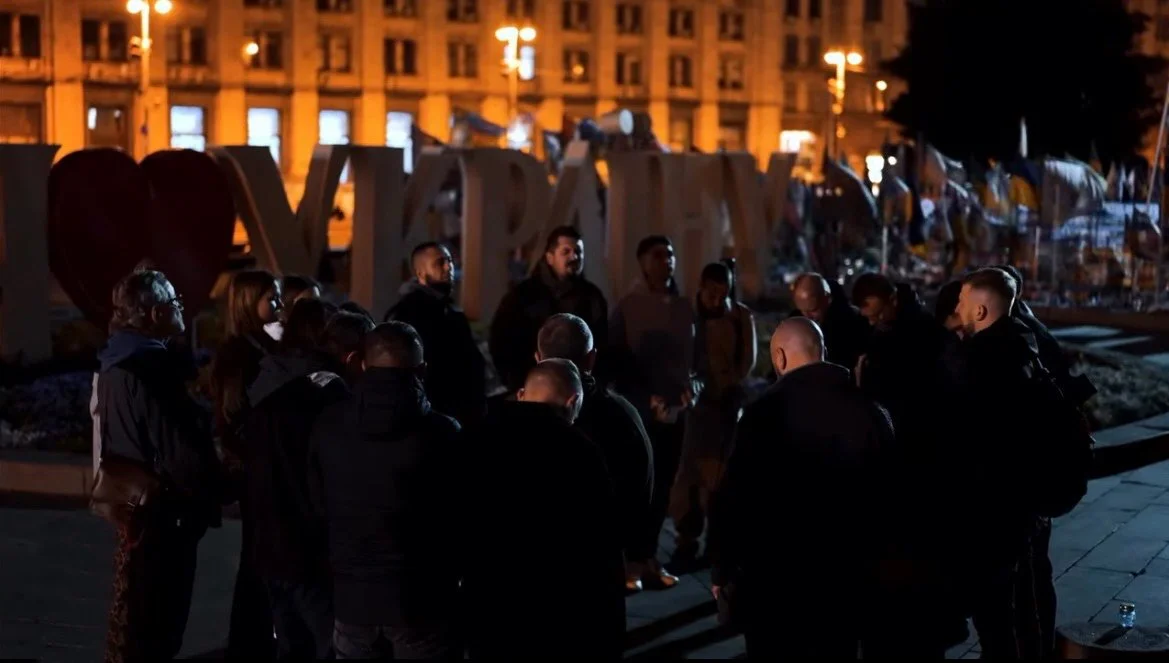
The primary purpose for my trip was to lay the ground work for a Trauma Healing Conference for Pastors and key leaders we have planned for 2026, and the trip proved very fruitful in that capacity. The logistics are all coming together for hosting that conference in the fall of 2026 in the Carpathian Mountain region near Lviv, Ukraine.
(This image is of our prayer walk in Kyiv’s main square during the church-planting conference.)




